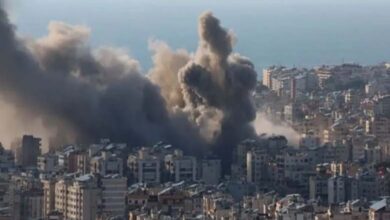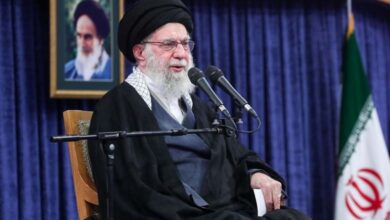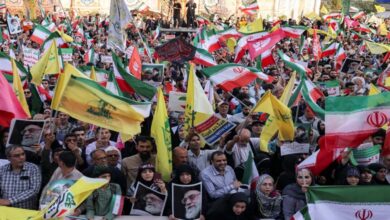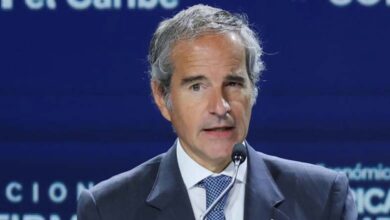Analysts reveal fate of Brotherhood’s economic and charitable institutions and networks in Europe

In light of the numerous crises hitting the Brotherhood terrorist group, many of the Brotherhood’s economic and financial institutions have been affected by the embargoes, blockades, and surveillance that have taken place in recent years in Europe.
The Brotherhood’s strategy of spreading across Europe has been reported to rely on penetration through charities and social, civil, and economic organizations that operate in a decentralized manner, rather than under a unified organizational structure, stability, or political and organizational framework. It has always denied affiliation with the organization and refuses to recognize any ownership, but the presence of well-known leaders of its brethren may somehow indicate this relationship.
Brotherhood institutions in Europe
One of these institutions is the London-based Islamic Relief Foundation, which was established in 1984 by Brotherhood leaders led by Ibrahim el-Zayat, Hany el-Banna, and Egyptian-British businessman Omar Al-Alfi; It was managed by Essam Al-Haddad, an Iraqi national, Ahmad Kazem Al-Rawi, and the Palestinian Relief and Development Fund (Interpal), a well-known organization headed by Issam Mustafa, a member of the Hamas executive committee.
Among these institutions is the European Secretariat, founded in London in 1996 by the Council of Europe Muslims, a Brotherhood organization that raises funds throughout Europe and redirects them to pay for the organizations affiliated with the Community. It was founded and managed by Fouad Alawi and Ahmed Kadhem Al-Rawi.
In Austria, the Islamic Culture Association has economic activities from Liechtenstein through Panama, the Virgin Islands, the Isle of Man and even Britain, and there are some projects undertaken by the Islamic Relief organization led by Jamal Murad in Vienna, Sweden has the EFOMW Foundation led by activist Lamia Amiri, and in Italy the Nasco Company founded by Idriss Nasreddine in the Liechtenstein office, as “Nasreddine International Holding Company”, with branches in Turkey, Morocco, Rome and Nigeria, whose funds were placed in a branch of the Banco de Roma.
Brotherhood Terrorist Strategy
Maher Farghali, a writer and researcher specializing in terrorist groups, says: The strategy of the Muslim Brotherhood in spreading through Europe is based on the penetration through charitable institutions and social, civil and economic organizations working in a decentralized manner. He noted that the terrorist group is keen on continuing its sources of funding in Europe to compensate for what it lost inside the Arab world after the stranglehold on it in the Arab and Gulf region was tightened.
The researcher on terrorist groups noted that the economy and network of the group in Europe are living in successive crises; The first is the pursuit and blockade that some countries are now imposing on Muslim Brotherhood slogans and institutions, such as Austria and Germany. They are also experiencing crises related to the division among the leaders, each of which wants to control the sources of funding, and the siege imposed on the group in the Land of the Nativity, in Egypt, Tunisia, and other countries.
Confronting the Economy of the Brotherhood
Political economy professor Mohammed al-Bahashi said the Muslim Brotherhood would suffer huge losses if Europe initiated measures against the Brotherhood’s economy, which has been growing on its territory in recent years. Despite the huge financing received, investments remain the most important component of the organization’s economic plan to spread economic and political power and control within the countries in which it is based, he said.
The professor of political economy added that in light of the numerous blows dealt to the Muslim Brotherhood, it is now seeking a safe haven for the organization’s investments in order not to increase its internal economic crisis after the numerous crises the organization is currently experiencing.












